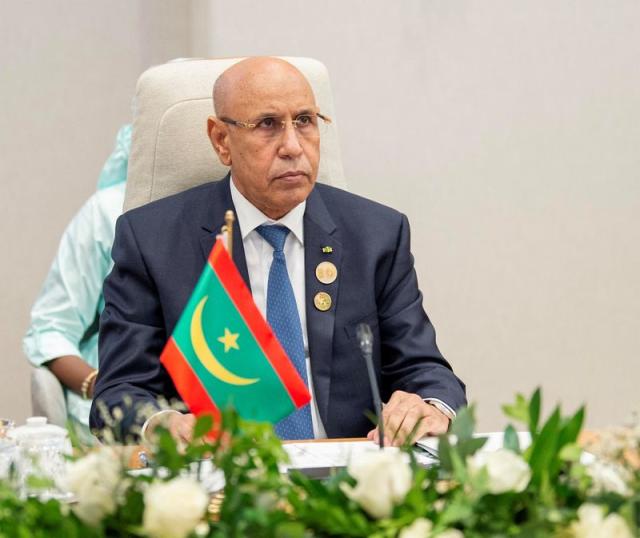adverts
Mauritania’s President Ghazouani on track for re-election, provisional results show
The provisional results, which were made public on Sunday, indicate that President Mohamed Ould Ghazouani of Mauritania is expected to win a second term after forging his nation into a vital Western ally in a region beset by violent upheavals and coups.
The country’s independent electoral commission reports that Ghazouani, the incumbent president of the African Union and a former army leader running for re-election on a platform of economic growth and security, received 55% of the vote from more than 80% of polling places. After garnering 22.4% of the vote in an over 55% turnout, his chief competitor and anti-slavery campaigner Biram Dah Abeid issued a warning on Sunday against “an electoral coup d’état for the benefit of Ghazouani, who was defeated by voters.”
Ghazouani is still well-liked by Mauritanians, who view him as a ray of stability, despite his opponents’ accusations of corruption and poor leadership. The poll is happening in a particularly volatile region since Islamic bloodshed and military coups have rocked Mauritania’s neighbours.
adverts
Natural resources found in abundance in Mauritania include gold, oil, copper, zinc, phosphate, iron ore, and natural gas. By the end of the year, it is expected to start producing gas thanks to the Greater Tortue Ahmeyin offshore gas project, which is controlled by BP and is located near the Senegalese border.
According to the UN, despite these opportunities, about 60% of people are either farmers or engaged in the unorganised economy and live in poverty. Young people in their home countries have limited economic options, therefore many are seeking to travel to Europe, and some are even trying to enter the US through Mexico.


